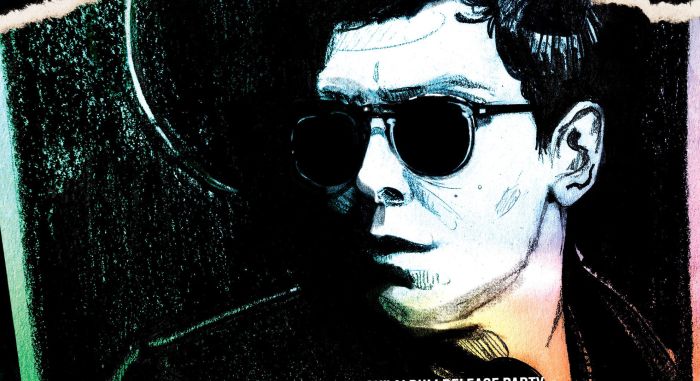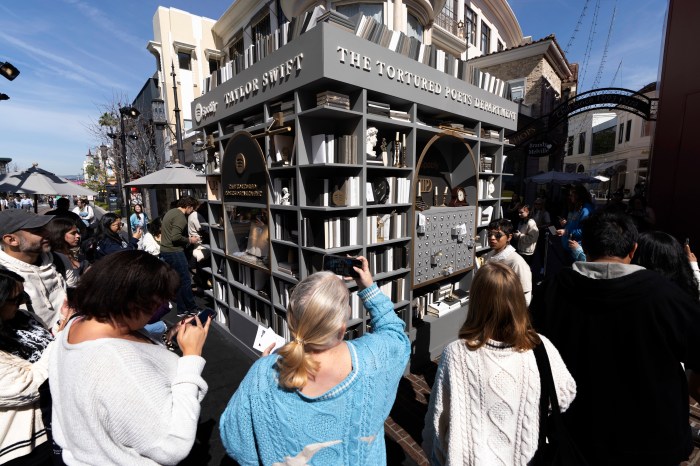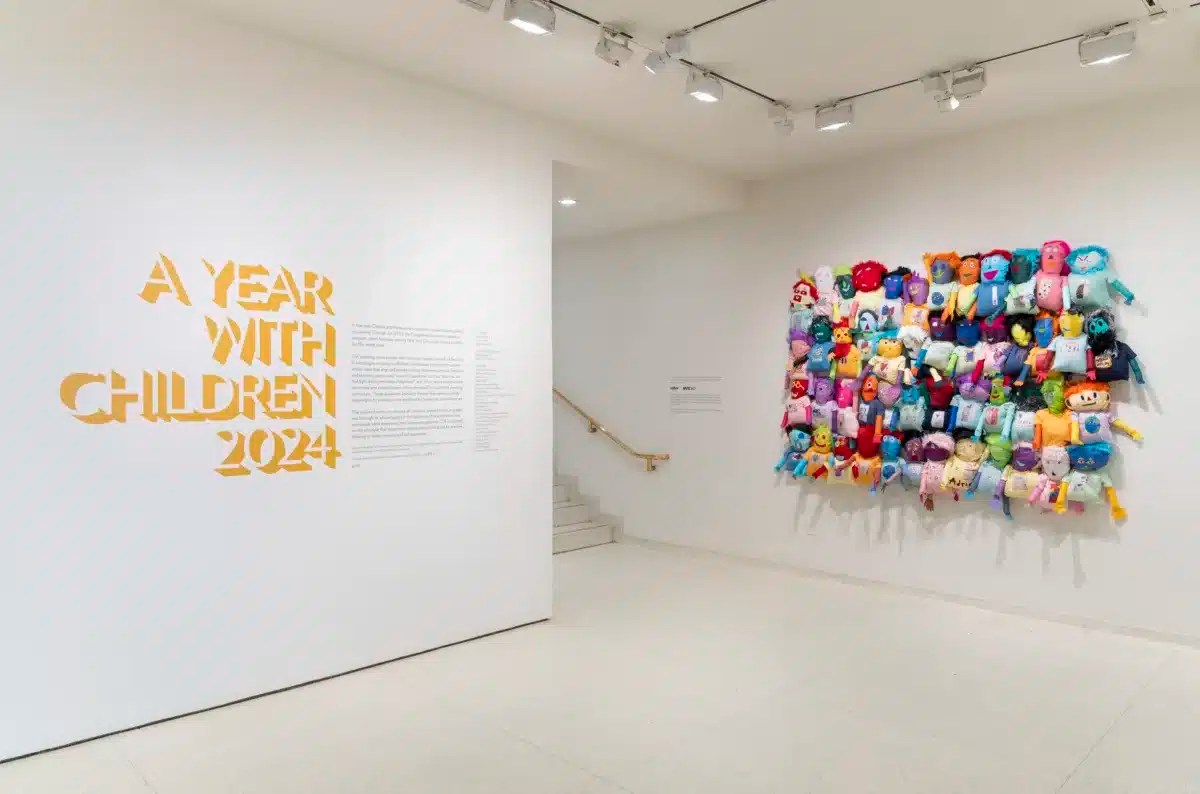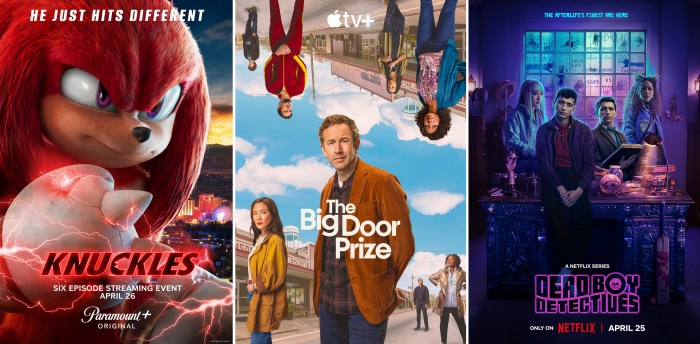There are parts that seem designed for a certain measure of scenery chewing and there are others that practically demand it.
And then there’s the role of Ramses II in “Exodus: Gods and Kings,” Ridley Scott’s bid to continue the revival of biblical epics in 2014, just over eight months after the release of director Darren Aronofsky’s “Noah.”
This Ramses lets enormous snakes coil around his neck, glowers with jealousy at Moses (Christian Bale) and demonstrates a predilection for eye makeup.
There’s a significant threat of descending into sheer high camp. Fortunately, the excellent Australian actor Joel Edgerton (“The Great Gatsby”) knows how to modulate things, to find the balance (as he puts it) between “how much you twirl the mustache and how much you let the tear roll down the cheek.”
amNewYork spoke with Edgerton about the movie, opening Friday.
How does one prepare to play the pharaoh in a biblical movie?
There’s not much I can do to prepare. You can do all sorts of little things; the great power you have as an actor, I think, is to trust. To put your trust in the director, to put your trust in the screenplay. … The greatest research you can do, if you’re lucky enough to be working with great writers, is it’s all in that research. In a way, it allows you to kind of be lazy.
So what’s your job?
My job is the interior part of all that. And that interior part is sitting down and understanding those human relationships. And that’s my way of bringing that character out of Egypt and into a modern context of us understanding a brother, an overlooked, under-respected son and later a father. And along the way, a fascist.
The tone here is ultimately a lot more serious than “The Ten Commandments.”
I always struggle and strive if I’m playing a good person to find those little stumbling blocks in a good character that dimensionalize them. And the same with the characters who are defined as bad. I like to find humanity in there that allows us to empathize with them. And I think the script really supported that. And also conversations with Ridley about showing that perspective of what was it like in that room when Ramses finds out his child has fallen prey to this final, wrathful plague? You have to relate to that on a human level.
Why do you think there’s an appetite for big screen biblical stories again?
At the end of the day, this is a movie of a freedom fight — freeing one race from underneath the opposing shadow of an empire of another race. What really underpins it, is that we all should be equal. And even a king is still a man and can be brought to his knees. I love, in a way, that the humanity of the villain of the movie reminds us that we’re all human, we’re all equal, and we should strive for this ideal. That we shouldn’t raise swords against each other but we should find a way to allow our different, separate beliefs and ideas and cultural fodder to harmonize with each other.
There’s been some controversy around the movie, with certain audiences questioning its adherence to the biblical story. Does that concern you?
It always matters what people think, but it doesn’t affect me in a way that I get upset. I figure everybody has an opinion and you’re dealing with a bible story. Everybody is the keeper of that story, because it’s important to them and they’re all going to have their own imaginings, their own points-of-view. To think that you can tell a visual telling of that story that’s going to align with everybody’s point-of-view and make everybody happy and satisfy everybody is a fool’s mission.

















